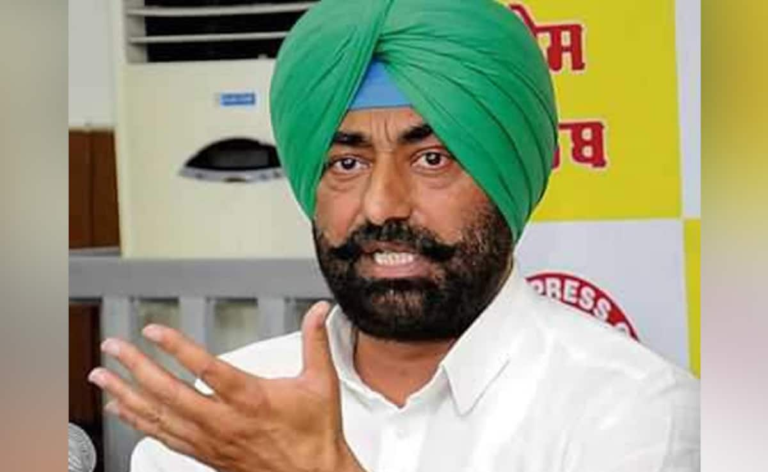

The directions came as the court upheld an order of the Bombay High Court. (Representational)
New Delhi:
The Supreme Court on Monday passed a slew of directions for early disposal of mercy petitions filed by convicts, and directed that a dedicated cell shall be constituted by the home department or the prison department of the state governments/Union Territories for dealing with such petitions.
A bench of Justices Abhay S Oka, Ahsanuddin Amanullah and Augustine George Masih said the dedicated cell shall be responsible for the prompt processing of mercy petitions within the time frame laid down by the respective governments.
“An officer-in-charge of the dedicated cell shall be nominated by designation who shall receive and issue communications on behalf of the dedicated cell. An official of the law and judiciary or justice department of the state governments/Union Territories should be attached to the dedicated cell so constituted,” the bench said.
The directions came as the court upheld an order of the Bombay High Court which commuted the death penalty of two convicts in the 2007 Pune BPO employee gang-rape and murder case to life term for a period of 35 years on the grounds of an inordinate delay in executing them.
The top court said all the prisons shall be informed about the designation of the officer-in-charge of the dedicated cell along with his address and email ID.
“As soon as the superintendent of prison/officer in-charge receives the mercy petitions, he shall immediately forward the copies thereof to the dedicated cell and call for the details/information (like criminal antecedents, economic condition, etc.) from the officer-in-charge of the concerned police station and/or the concerned investigating agency.
“On receipt of the request made by the jail authorities, the officer-in-charge of the concerned police station shall be under an obligation to furnish the said information to the jail authorities immediately,” the bench said.
As soon as mercy petitions are received by the dedicated cell, copies of the pleas shall be forwarded to the secretariats of the governor of the state or the President of India, as the case may be, so that the secretariat can initiate action at their end, it said.
“All correspondence, as far as possible, be made by email, unless confidentiality is involved; and the state government shall issue office orders/executive orders containing guidelines for dealing with the mercy petitions in terms of this judgment,” the bench said.
(Except for the headline, this story has not been edited by NDTV staff and is published from a syndicated feed.)




